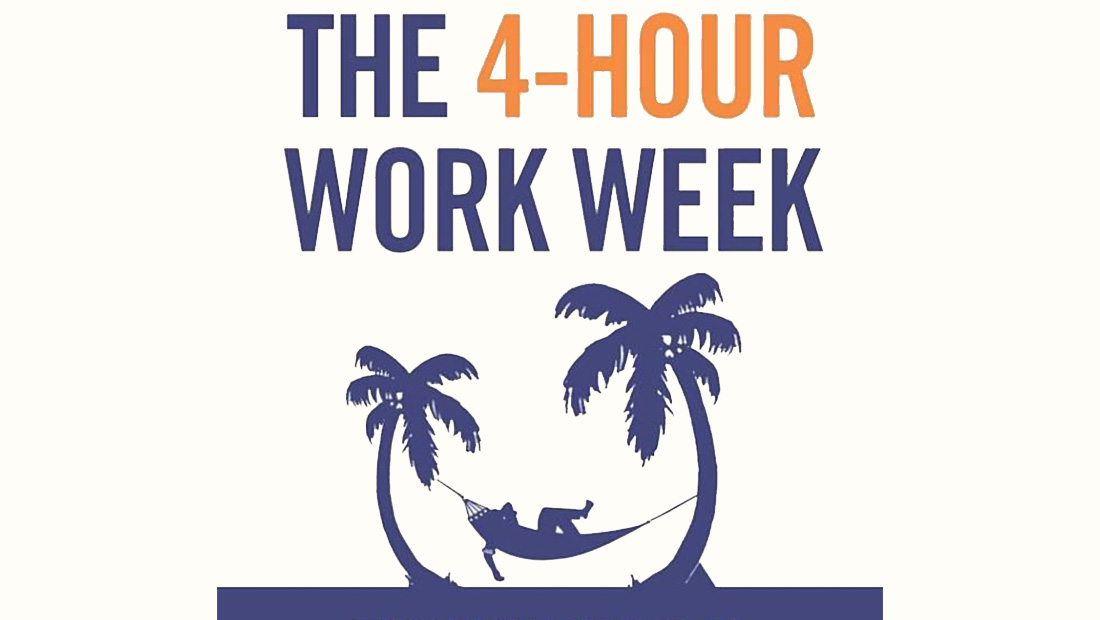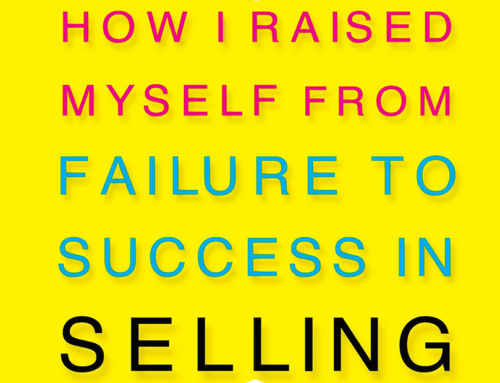
The 4 hour work week, written by serial entrepreneur and education activist Tim Ferriss recently turned 10 years old. Since then it has been translated into 35 languages and sold well over one million copies worldwide.
It’s no surprise that the New York bestseller has been so influential since it’s release and has led to Ferriss writing three more books (http://tim.blog/tim-ferriss-
The 4 Hour Work Week has inspired a generation of ‘New Rich’, dedicated to lifestyle design and optimising their approach to work to maximise productivity. From a practical standpoint, here are 10 of the many key learnings that we can take from Ferriss’s flagship book.
1. There is no pot of gold
Traditional thinking has led us to believe that we should spend the first 20 years of our lives educating ourselves, the middle 50 years working and the remainder enjoying the ‘pot of gold’ that is retirement. The problem with this is that traditional thinking completely disregards the best years of our life as a grind.
There is no pot of gold at the end of the rainbow, the only time that we can fully enjoy life is now…
Ferriss suggests that we should instead focus on maximising the best years of our lives and create a lifestyle that we truly enjoy, instead of spending our prime years slogging away to make enough money in order to enjoy a ‘comfortable retirement’ that may or may not come to fruition.
2. The timing is never right
We are masters of excuses. When opportunities arise, most of us seem to have an excuse as to why we are not ready, maybe next month or next year we will be ready. The problem with this is that; “for all of the most important things, the timing always sucks”. We have all been guilty of this kind of thinking, maybe we are not ready to move away, or take that trip, or enter a new career. But the fact is that we need to cultivate the courage to do things – even if we feel that we are not ready.
Never feeling that we are ready for an opportunity is a disease that will take your dreams to the grave with you.
3. Ask for forgiveness, not permission
All too often, people are paralysed by what people might ‘think’ or how they will ‘react’ to a course of action. This prevents them from taking the bold steps necessary to prevent them from achieving their goals.
The truth is that “most people are fast to stop you before you get started but hesitant to get in the way if you’re moving”. As long as the course of action is not going to devastate those around you, then be bold and take action. If it doesn’t go to plan then you can always ask for forgiveness.
4. Double down on your strengths
Most of us are good at a select few things, and strikingly mediocre at everything else. Yet most people are too worried about fixing the chinks in their armour instead of leveraging their strengths. It’s more effective to double down on what you are good at and reach elite levels of performance in key areas than to attempt to incrementally, at best repair your weaknesses.
5. Most of what we worry about never happens
“I am an old man and have known a great many troubles, but most of them never happened” – Mark Twain.
Most of us have spent an inordinate amount of time worrying in anticipation of things that do not ever happen. Ferriss suggests an antidote to this self-destructive behaviour. Brain vomiting: by writing down on paper exactly what you most fear, the absolute worst case scenario. From here write down the steps that would be necessary to repair the ‘disaster scenario’. Often they are far simpler than we once thought or there is simply no way to act upon what happens; in which case worrying about it is completely pointless – there is no point thinking about what cannot be changed.
6. Discomfort makes us stronger
Settling into a comfort zone is one of the biggest hindrances to success there is. The only way for us to get better at anything is to challenge ourselves and get used to being uncomfortable for a while. Ferriss puts it nicely – “What we fear doing is usually what we most need to do”.
An individual who is willing to embrace discomfort is an individual who will increase their skill set. It has been said that a person’s success in life can usually be measured by the number of uncomfortable conversations he or she is willing to have.
7. Doing the unrealistic is easier than doing the realistic
In a society of mediocrity, most people’s goals are, you guessed it – mediocre. The saying “it’s lonely at the top” is true because ninety-nine percent of people don’t believe that they are capable of achieving greatness and thus they set ‘realistic goals’.
Those people who are willing to stretch for somewhat unrealistic goals, therefore, face less fierce competition. Most people overestimate the competition and underestimate themselves, which is the most conducive mindset to achieving overwhelming mediocrity.
8. Less is more when it comes to time management
Being busy is often used as a disguise for avoiding the critically important tasks that we must complete to advance. The art of mastering time management is not to become better at juggling and multitasking but to eliminate tasks that are not essential.
In fact, if we use Pareto’s 80/20 law then most of us will find that 80% of our achievements are the result of 20% of our efforts. The ability to identify the things that are most important to achieving success and disregarding the unimportant tasks is one of the most important things we can do to optimise our schedules.
Bruce Lee put it succinctly – “One does not accumulate but eliminate. it is not daily increase but daily decrease. The height of cultivation always runs to simplicity”.
9. Fire time wasters
It might sound brutal, but some people only serve to have a negative impact on your life. If your inner circle includes complainers, emotional leeches or pessimistic people then it is not doing you any favours – poisonous individuals do not deserve your time.
The same goes for business. Don’t be afraid to sack clients who are unreasonable or draining. If a client takes up a large percentage of your time and energy for little return then it does not make sense to continue the working relationship – they simply aren’t providing good Return On Investment.
It’s never fun, but it’s incredibly necessary; just like pulling out a splinter or ripping off a band-aid. If it isn’t making you stronger, it’s making you weaker.
10. Time is currency – use it wisely
Every day is a continuous battle, a battle of time and attention. There are multiple sources fighting to gain our time, whether it be from decisions we need to make, colleagues, friends or media. The challenge lies in delegating the right amount of time to the right things.
Income is renewable, but resources such as time and attention are finite. For example, the time we spend on simple decisions such as what to eat, what to wear or what movie to watch on Netflix all takes away from our most valuable asset we have – TIME.
We should value our time as much as any other currency and delegate it wisely.
Author: Cameron Scott
About the author : Administrator
Latest videos
Join our mailing list today
Insider offers & flash sales in your inbox every week.
Curabitur non nulla sit amet nisl tempus convallis quis ac lectus dolor sit amet, consectetur adipiscing elit sed porttitor lectus.




